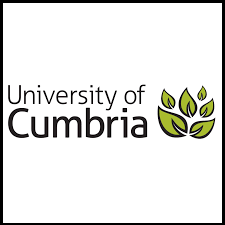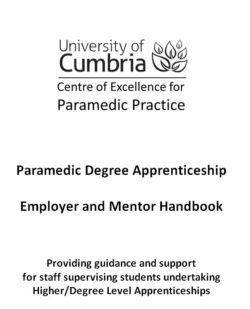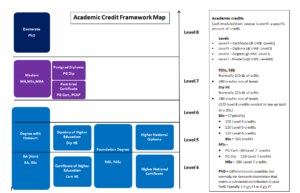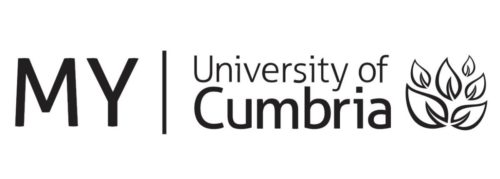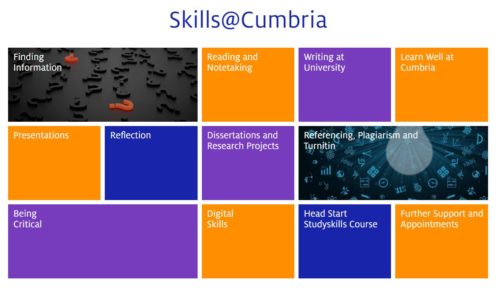Your points of contact for UoC are –
Programme Lead / Learning Development Officer – Pete Weeks
Senior Lecturer – Paramedic Apprenticeships – Becky Croton
Senior Lecturer – Paramedic Apprenticeships – Gemma Ackerman
X (Twitter) @uocparamedics
Practice Educators
Episodes on this channel
-
Mentor Mentee Relationship
-
Safeguarding the Student
-
Intro to DA 1
-
Academic Content Overview
-
Failing to Fail UoC Practice Educator Workshop
-
Assessing the learner using PebblePad portfolio
-
Equality, Diversity and Inclusive Mentoring
-
Assessing learners using the PebblePad
-
Back to Basics with the PebblePad
-
Supporting the underachieving learner and action planning
-
Supporting the learner in times of stress and trauma
-
How to deliver constructive feedback and how to manage students who do not accept it
All of the students evidence is recorded electronically. Click the picture below for a PPED guide to the systems used – Pebble+
*Please also watch the video above
Passing your knowledge and skills to a learner is one of the most essential roles you can undertake. As a mentor you are an essential piece of the collaborative jigsaw when supporting the development of health care professionals for the future. You have the privileged position and responsibility for helping students translate theory into practice, and making what is learned in the classroom a reality ensuring the student is fit for practice.
The importance of your mentoring role and the quality of the mentorship you offer in practice can never be over emphasised; Providing the learning experiences in the clinical setting ensures that the paramedics of the future are fit for practice and purpose. Mentors are key to supporting students in practice, to apply their knowledge, learn key skills and achieve the required competencies for successful registration with the Health & Care Professions Council.
Mentoring involved activities that promote and enhance effective transitions between professional roles, including:
- Identifying learning goals and supporting progression;
- Developing increasing students’ control over their learning;
- Active listening;
- Modelling, observing, articulating and discussing practice to raise awareness;
- Shared learning experiences e.g. via observation;
- Providing guidance, feedback and, when necessary, direction;
- Encouragement of self-assessment and reflection on learning;
- Review and action planning;
- Assessing, appraising and accrediting practice;
- Ensure any assessment is valid and reliable, and that their performance is recorded and meets the standards required in the documentation;
- Brokering a range of support.
Please go to the Practice Educator main page for courses
Click here for main PED pageThese are useful links to HCPC documentation that take you through to the relevant sections of HCPC standards that both Students and Practice Educators should be familiar with
These links will only work from a Trust device as they go direct to the Intranet
*They aren’t available as downloads on here, as they may be superseded by policy updates via the intranet & we don’t want you working off out of date documents
CPD modules from Higher Education Institutes (HEIs) are mainly drawn from Health & Care Degree (BSc) or Masters (MSc) programmes. The programmes are made up of modular courses that add together to give enough credits to claim the award at the end.
Click the image below to see a Higher Education Qualification credit map
They are sometimes offered as a CPD module so people can either study a particular subject they are interested in as a standalone subject, or people can ‘module gather’ at their own pace and claim a generic award when they have enough credits. (If you don’t complete all the specific modules specified for a Programme, you cannot claim that award, but you can claim a generic award). e.g. You could complete a mix of modules from a Nursing degree and a Paramedic science degree; with enough credits then claim a Health & Social Care BSc. But you would need to complete the compulsory modules listed in the Nursing / Paramedic Science degree , and complete the placement to claim the specific degree. You would still have a valid BSc, just not in that specific subject, (and you would not be able to register as a professional in that field).
When it comes to a Masters pathway or programme, you have entered the realm of the Post Graduate. This can be different at different HEIs. Some will allow you to start a MSc pathway without a BSc, other will require you to have completed a BSc.
You can use a proportion of BSc credits towards a post graduate qualification, but you will need mainly MSc credits. This will depend on the HEI and the pathway.
Once you begin on a Post graduate (PG) pathway, you can ‘cash in’ your credits and ‘step off’ the pathway at certain points. You can stop and claim a Post Graduate Certificate (PG Cert), then a Post Graduate Diploma (PG Dip), and then finally a full Masters award (MSc).
Then, if you still have a family life and any sanity left, you can start looking at a Post Graduate Doctorate (PHd).
UoC Students
The Paramedic Apprenticeship portal
This is where you can find lots of answers to SWASFT side FAQs, working group and task and finish group updates. It will be updated as new information becomes available, so with checking in with this page every now and then.
You can also find a list of who to contact with different queries, so you are getting your queries to the right place quickly.
The course has been shaped and moulded by cohorts that came before you with suggestions and ideas to make it better and more accessible.
A shout out is due here to Cohort 1 & 2 who have led the way as pioneers, and have helped improve things already for the cohorts that follow them.
Congratulations for getting to the end, and a massive thank you for you patience and professionalism during your journey.
MyCumbria – this is the resource page, specifically for Paramedics, includes academic skills tools, library access, links to other learning resources.
More specifically Skills@Cumbria the has the links to the study skills and other resources for supporting the completion of the portfolio, reflection and academic writing.

